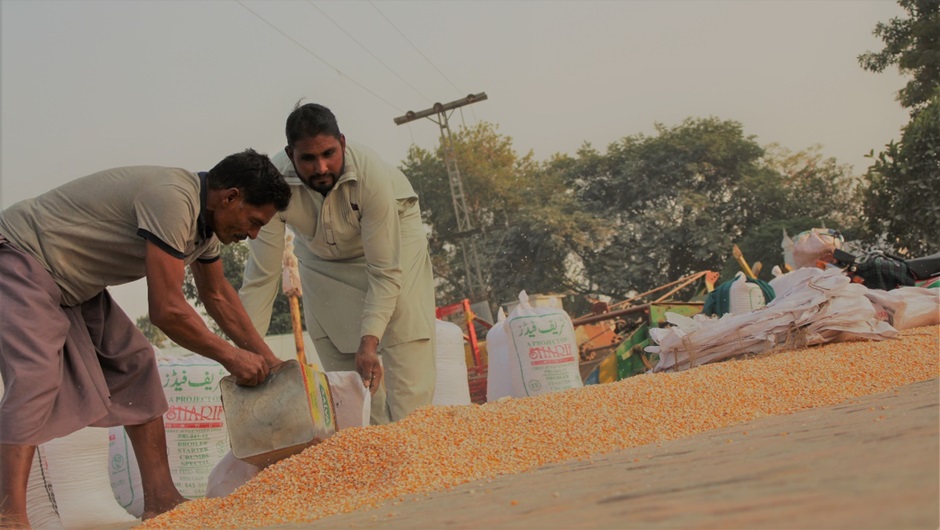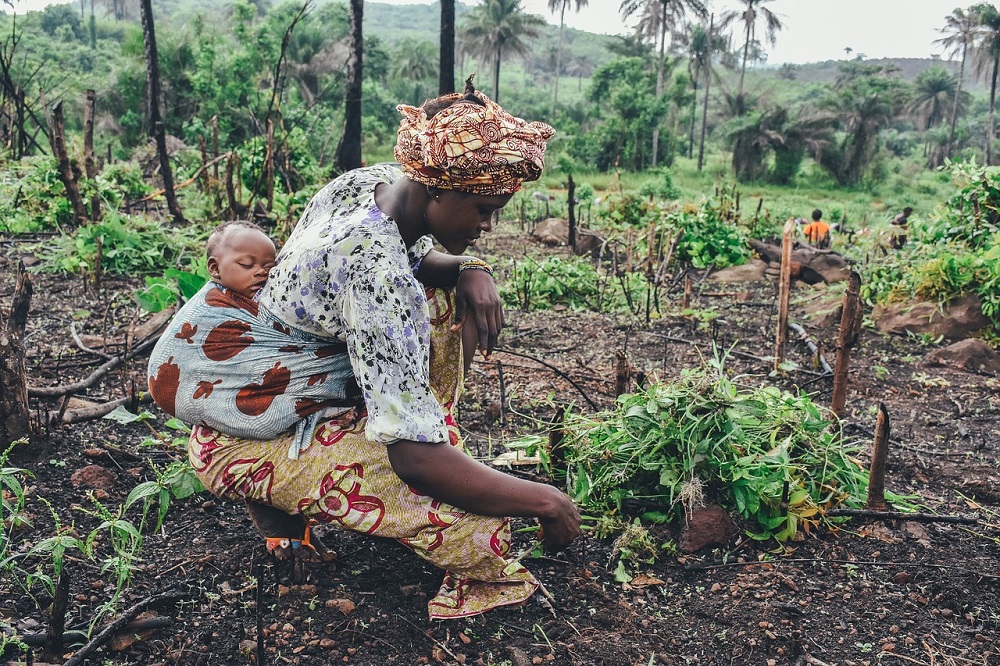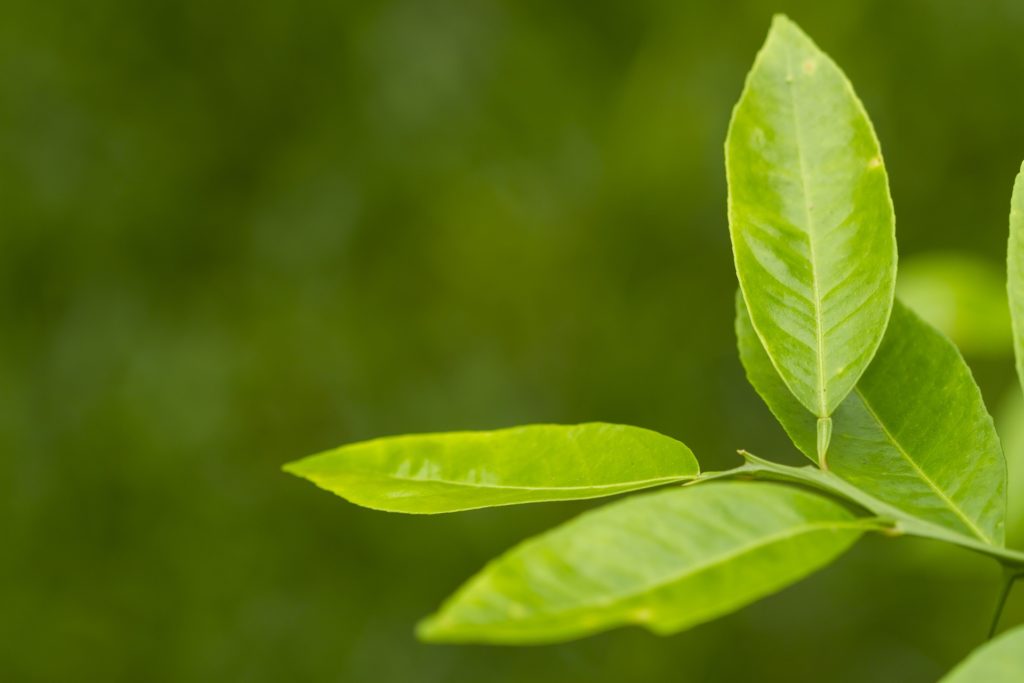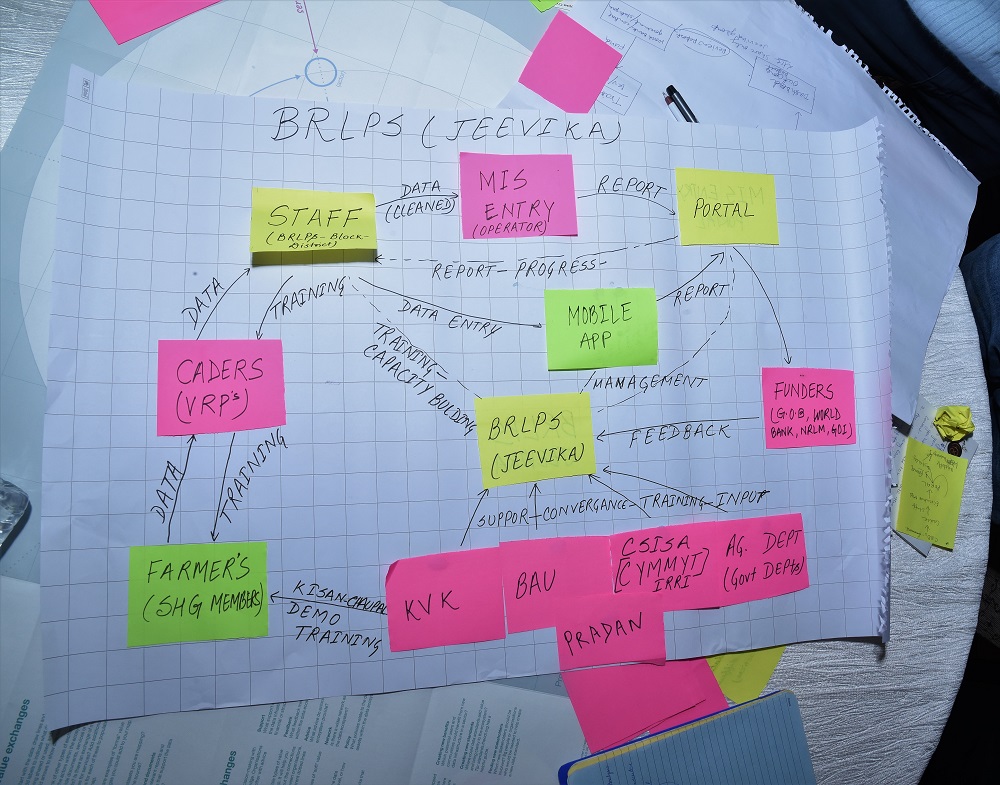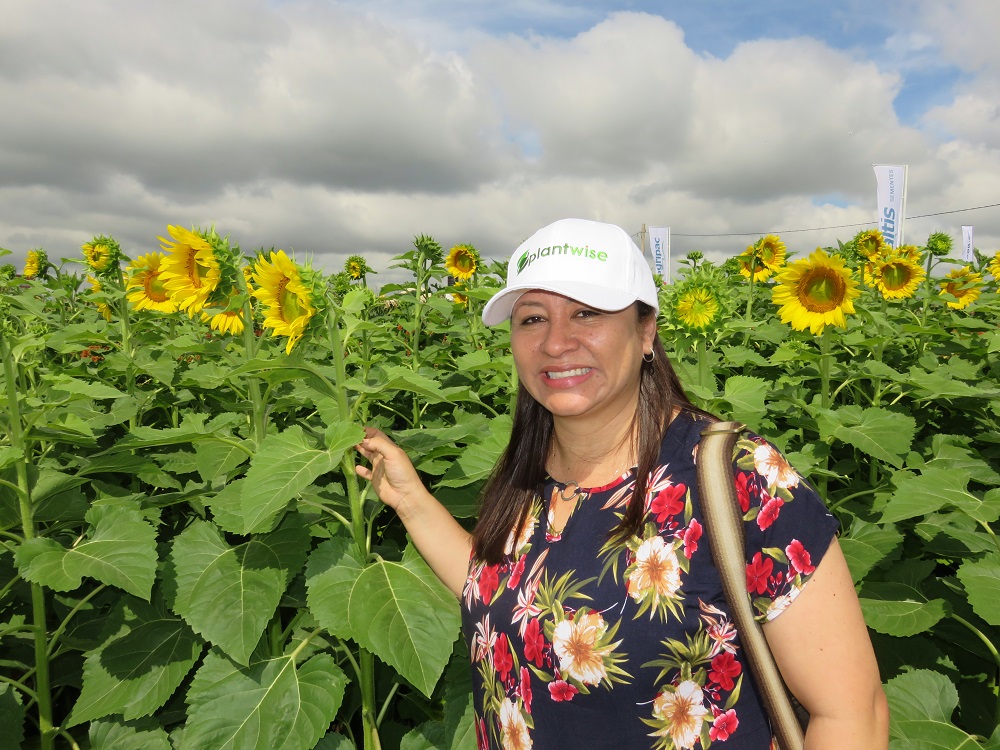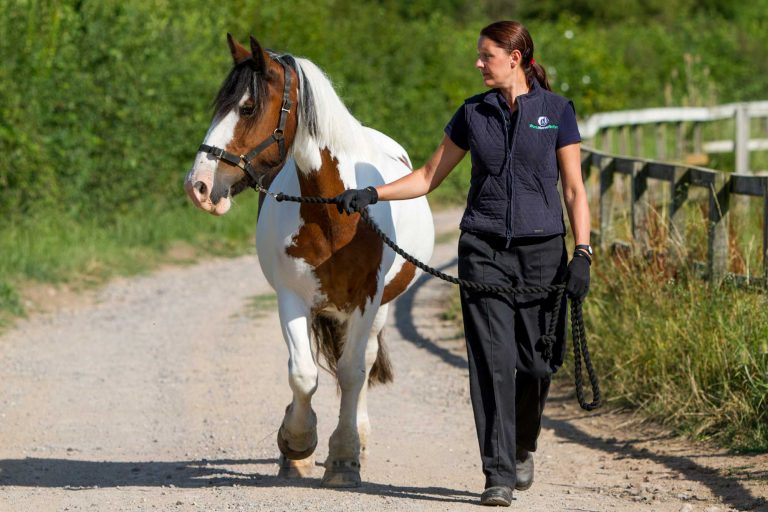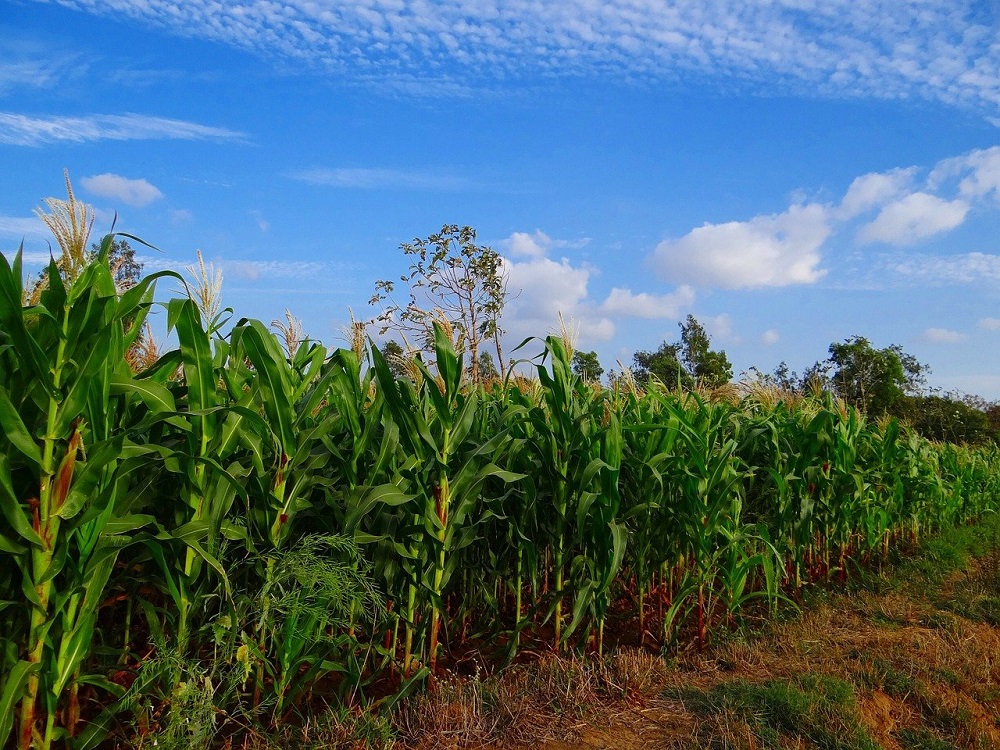Soil Health – applications and opportunities for climate-smart farming, food security and environmental integrity
Poor soil fertility is a key constraint to improving farm productivity and farmer livelihoods in sub-Saharan Africa as it is elsewhere in the world. CABI has a long history of helping to improve the livelihoods of smallholder farmers through better access to practical information about integrated soil fertility management as part of the Africa Soil…
Top tips and practical advice on managing your horse’s weight to keep them healthy
Originally posted on World Horse Welfare: Assistant Centre Manager Sara Jerman explains practical ways to manage your horse’s nutritional intake and keep them at a healthy weight.


